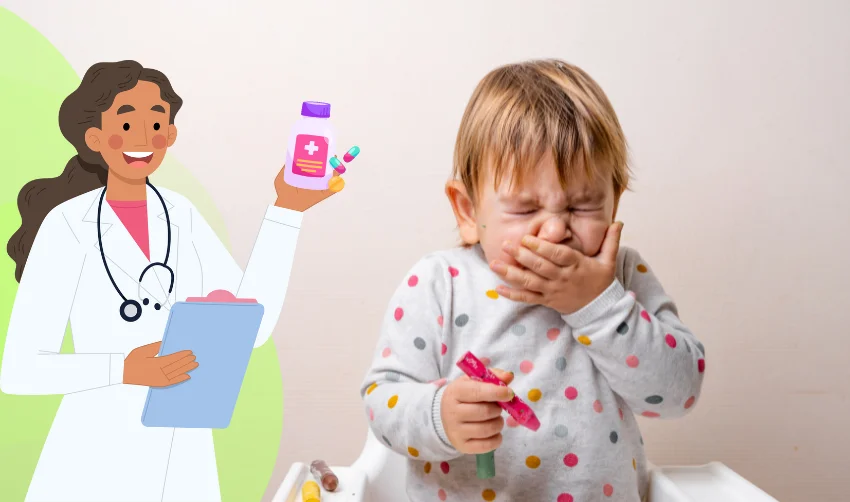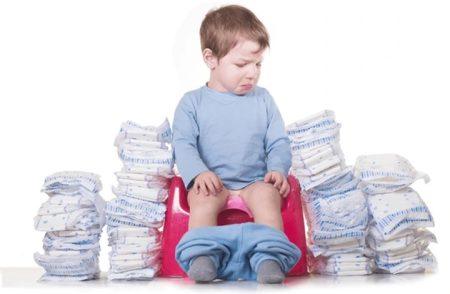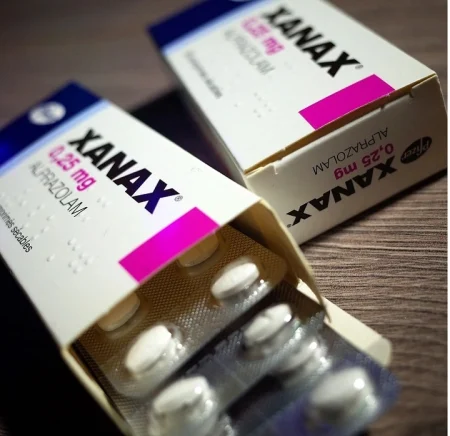Dealing with a coughing child can be distressing for any parent. Whether it’s a persistent dry cough or a chesty one, finding the right cough medicine for your child can make a significant difference in their comfort and recovery. However, with a plethora of options available on the market, selecting the most suitable cough medicine for kids can be overwhelming. This comprehensive guide aims to provide parents with essential information to make informed decisions when choosing cough medicine for their little ones.
Understanding Childhood Coughs:

Before diving into the world of cough medicine, it’s crucial to understand the different types of coughs that affect children:
- Dry Cough: Characterized by a tickling sensation in the throat, a dry cough produces little to no mucus. It can be caused by allergies, irritants, or viral infections like the common cold.
- Wet or Chesty Cough: Also known as a productive cough, this type produces phlegm or mucus. It often accompanies respiratory infections such as bronchitis or pneumonia.
- Nighttime Cough: Some coughs worsen at night, disrupting a child’s sleep and causing discomfort. Identifying the underlying cause of the nighttime cough is crucial for effective treatment.
Factors to Consider When Choosing Cough Medicine:
When selecting cough medicine for your child, several factors need to be taken into account:
- Age Appropriateness: Ensure that the chosen cough medicine is suitable for your child’s age. Some medications are not recommended for infants or toddlers.
- Type of Cough: Different cough medicines are formulated to address specific types of coughs. Select a product that targets your child’s symptoms, whether it’s a dry, chesty, or nighttime cough.
- Active Ingredients: Look for cough medicines containing active ingredients such as dextromethorphan (DM) for suppressing coughs or guaifenesin for loosening mucus. Always follow recommended dosages based on your child’s age and weight.
- Potential Side Effects: Be aware of possible side effects associated with cough medicine, such as drowsiness or allergic reactions. Consult with a healthcare professional if you have concerns about potential adverse effects.
Types of Cough Medicine for Kids:
- Cough Suppressants: These medications work by suppressing the urge to cough, providing relief from dry, irritating coughs. Common ingredients include dextromethorphan (DM) or codeine (prescription-only for children).
- Pros:
- Effectively reduces coughing fits.
- Provides relief from discomfort.
- Cons:
- May cause drowsiness.
- Not suitable for children under a certain age.
- Pros:
- Expectorants: Expectorant cough medicines help thin and loosen mucus in the airways, making it easier for children to cough up phlegm. Guaifenesin is a commonly used expectorant.
- Pros:
- Facilitates the removal of mucus.
- Helps alleviate chest congestion.
- Cons:
- May not be suitable for dry coughs.
- Possible gastrointestinal side effects.
- Pros:
- Antihistamines: While primarily used to manage allergy symptoms, certain antihistamines like diphenhydramine or chlorpheniramine may also help relieve coughing, particularly if allergies contribute to the cough.
- Pros:
- Addresses underlying allergy-related coughs.
- Can provide relief from symptoms such as sneezing and runny nose.
- Cons:
- May cause drowsiness.
- Not recommended for children under a certain age.
- Pros:
- Home Remedies: In addition to over-the-counter medications, several home remedies can help alleviate cough symptoms in children. These include:
- Hydration: Encourage your child to drink plenty of fluids, such as water or warm herbal teas, to keep their throat moist and loosen mucus.
- Humidifiers: Using a humidifier in your child’s room can help add moisture to the air, easing coughing and soothing irritated airways.
- Honey: For children over the age of one, honey can be a natural and effective cough suppressant. Mix a teaspoon of honey with warm water or herbal tea before bedtime to soothe coughing.
Tips for Administering Cough Medicine to Kids:
Administering cough medicine to children can sometimes be challenging. Here are some tips to make the process smoother:
- Follow Dosage Instructions: Always adhere to the recommended dosage instructions provided on the medication packaging or as advised by your healthcare provider.
- Use a Measuring Device: Use a calibrated measuring device, such as a syringe or dosing spoon, to ensure accurate dosage administration.
- Mix with Food or Drink: Some children may find the taste of cough medicine unpleasant. Consider mixing the medication with a small amount of food or drink to mask the taste.
- Monitor for Side Effects: Keep a close eye on your child for any potential side effects, such as drowsiness, nausea, or allergic reactions. Discontinue use and consult a healthcare professional if adverse reactions occur.
When to Seek Medical Attention:
While most childhood coughs resolve on their own with home care and over-the-counter remedies, certain red flags warrant prompt medical attention:
- High Fever: If your child’s cough is accompanied by a high fever (over 102°F or 38.9°C), it may indicate a more serious underlying condition requiring medical evaluation.
- Difficulty Breathing: Seek immediate medical help if your child experiences severe breathing difficulties, chest pain, or wheezing.
- Persistent Cough: A cough that persists for more than a few weeks or worsens over time may indicate an underlying health issue that requires medical investigation.
Choosing the right cough medicine for your child involves considering various factors such as their age, the type of cough, and potential side effects. Whether opting for over-the-counter remedies or home-based treatments, it’s essential to follow dosage instructions carefully and monitor your child’s response. Additionally, knowing when to seek medical attention for persistent or severe cough symptoms is crucial for ensuring your child’s well-being. By arming yourself with knowledge and seeking guidance from healthcare professionals when needed, you can effectively manage your child’s cough and help them feel better sooner.








